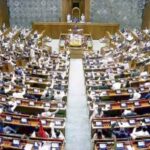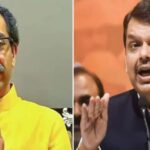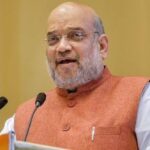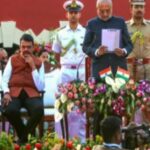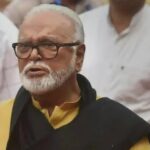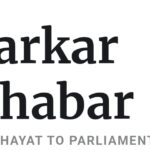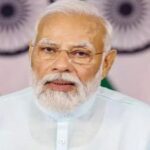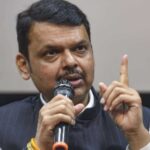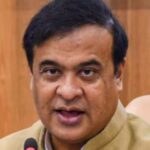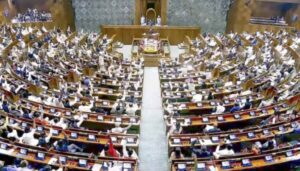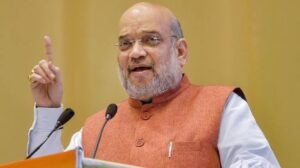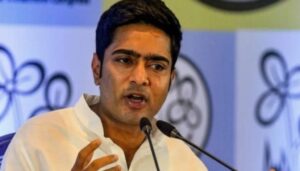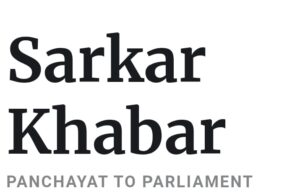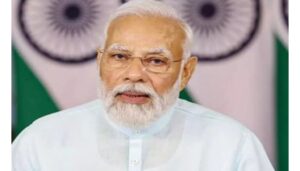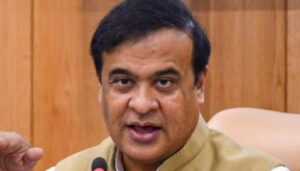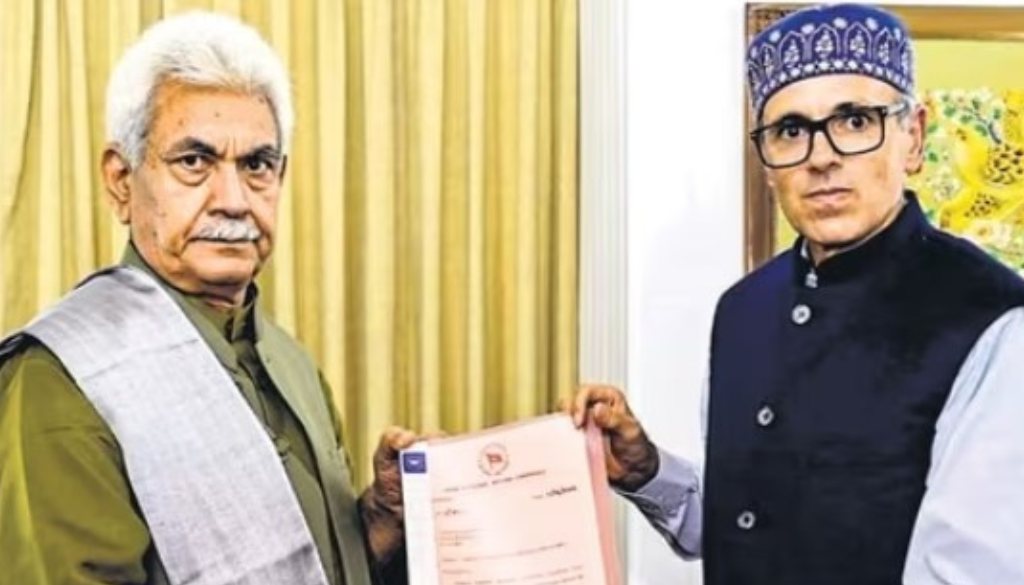
President’s Rule Lifted In Jammu And Kashmir, New Government To Be Established
Srinagar, 14th October 2024: President’s rule has been lifted in Jammu and Kashmir, allowing for the establishment of a new government in the Union Territory, as stated in an official order.
This decision follows a meeting between National Conference leader Omar Abdullah and Lieutenant Governor Manoj Sinha on Friday, during which Abdullah asserted his party’s claim to form the new government after the recent Assembly elections in J&K.
The notification, signed by President Droupadi Murmu, cited the revocation of the order dated October 31, 2019, under the powers granted by Section 73 of the Jammu and Kashmir Reorganisation Act, 2019, along with Articles 239 and 239A of the Constitution of India. The order will take effect immediately before the appointment of the chief minister under Section 54 of the same act.
President’s rule was initially imposed in the region following the collapse of the PDP-BJP alliance on June 19, 2018. In 2019, the government abrogated Article 370 of the Constitution, reclassifying the former state as a Union Territory.
Omar Abdullah was unanimously elected as the leader of the National Conference legislative party on Thursday, setting the stage for his return as chief minister. His previous term ran from 2009 to 2014, during which Jammu and Kashmir was still a state under an NC-Congress coalition.
On Saturday, National Conference President Farooq Abdullah emphasized that the primary goal of the new government would be to restore statehood to Jammu and Kashmir. “Our focus will be on uniting Jammu and Kashmir and putting an end to the divisiveness that emerged during the election. Statehood must be reinstated to ensure proper governance and to fulfil our responsibilities,” he stated.
The recent Assembly elections in Jammu and Kashmir marked the first such event in a decade. The National Conference secured 42 seats, while Congress won only six—five in Kashmir and one in Jammu. Both parties had formed a pre-poll alliance, bolstered by the support of four independent elected MLAs and one from the Aam Aadmi Party (AAP). The Bharatiya Janata Party (BJP) emerged as the second-largest party, gaining 29 seats.
These elections, conducted in three phases on September 18, September 25, and October 1, were historic, being the first since the abrogation of Article 370.
